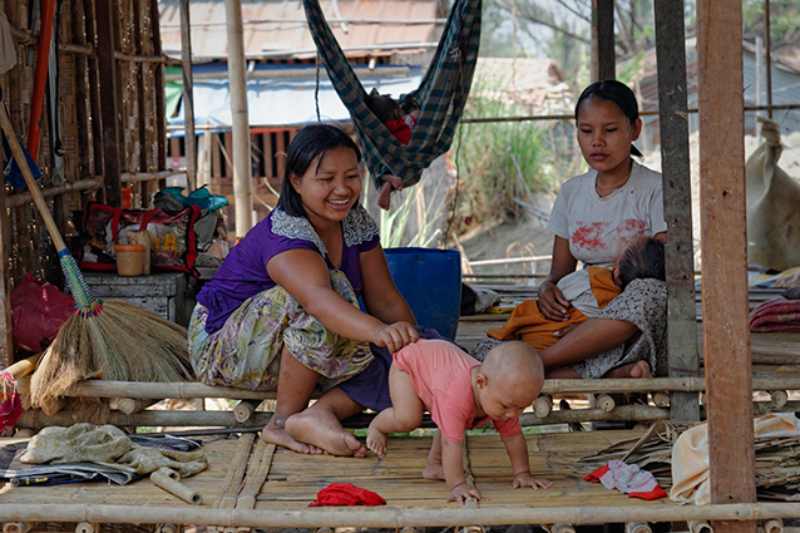
Singapore Ready To Receive Migrant Workers
Singapore admits that it needs a regular inflow of migrant workers for its industrial sectors to keep thriving. In a parliamentary meeting, Senior Minister of Health, Dr. Koh Poh Koon has informed the top officials that closing borders to Indian and Indonesian borders is a decision that will come to bite them in the back.
Migrant population makes up for a huge workforce that largely supports the social services and construction sector in Singapore. With a curb on the inflow of migrant workforce, many people would not be able to move into new housing schemes or would have trouble going back to work with no domestic help to look after the ailing or growing kids.
It is worth noting that despite mounting cases of Covid-19, Singapore is having doubts over closing its borders to places from where they have workforce inflow.
Last year, the Ministry of Manpower had approved around 25,000 requests for foreign domestic workers to enter Singapore between April and January 2021. This was also a starting period of a sharp increase in the number of Covid-19 cases, which was attributed to foreign travelers.
Keeping this in mind, the Singapore government decided that from February 05 onwards, newly arrived work permit and S-Pass holders in the construction, marine and process sectors, who had a recent travel history to higher-risk countries and regions, would be required to undergo mandatory on-arrival polymerase chain reaction (PCR) and serology tests.
In order to ensure that migrant workers don’t feel scared to come out of their country and work, Singapore is using some innovative schemes too. For example, more than 6,000 migrant workers could enjoy free rides on the Singapore Flyer from February 01, thanks to SingapoRediscovers vouchers donated by the public and tickets pledged by the attraction as part of an initiative by ItsRainingRaincoats.
Further, the Singapore government has also gone ahead to ensure that the migrant workforce input into the priority category for vaccination. From February 01, it is working to ensure that those staying in high-risk dormitories will be vaccinated on priority.
Vaccination will be made available to them as part of the national vaccination strategy to protect all Singaporeans and long-term pass holders living in Singapore, he added.
Vaccination of migrant workers helps to reduce the viral load, which in turn lowers the overall risk and helps protect the wider community from an outbreak, he pointed out.







